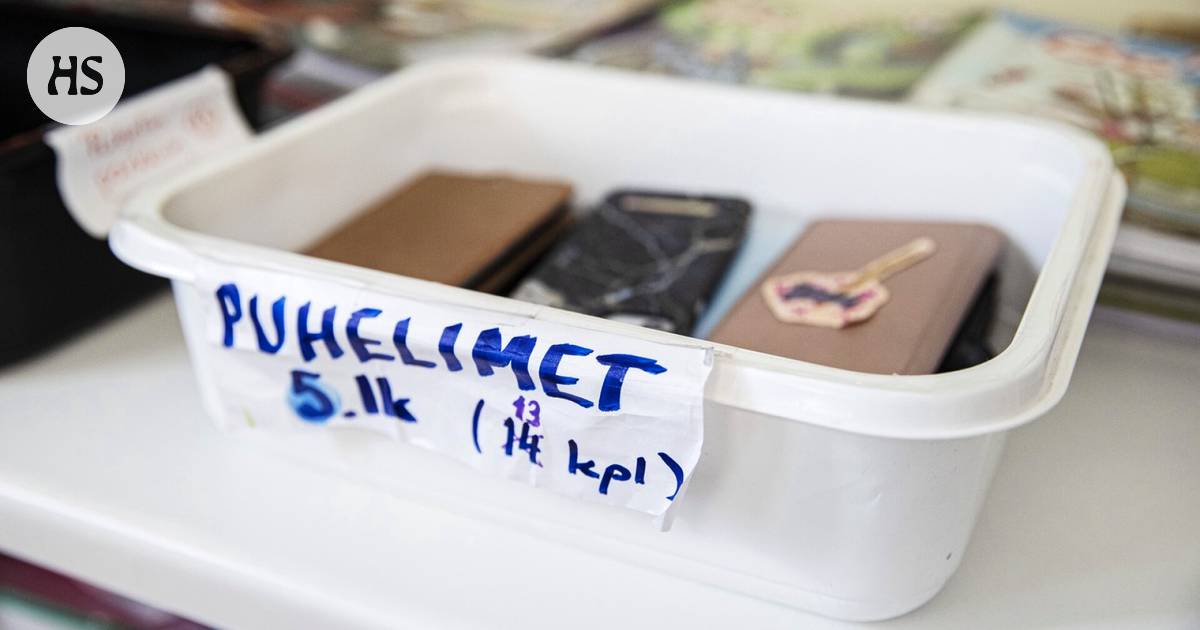Apple has taken a significant step forward in promoting sustainability and user autonomy by incorporating the use of second-hand components into its iPhone repair policy. Starting this year, the company will offer select used parts for certain iPhone models, which can be used for repairs by either skilled users or independent third parties. The initial components to be made available will include biometric sensors for Face ID and Touch ID, while Apple will continue its practice of verifying the authenticity of parts and hardware history.
Each device will track a comprehensive record of repairs performed, indicating whether new or second-hand parts were used. To further simplify the repair process, Apple announced that serial numbers will no longer be required when ordering parts for repairs, except when replacing the motherboard. The self-repair program launched in the United States in 2022 before extending to various countries across the globe. With the recent update on April 11, the program now supports 40 Apple products in 33 countries and territories.
The shift towards using second-hand components is a notable move by Apple as it addresses concerns raised by authorities in several major markets over device manufacturers’ repair policies and the growing issue of e-waste accumulation. Other industry players, such as Samsung and Google, have also introduced similar repair programs, indicating a shift in the industry towards more sustainable and consumer-centric practices.
In conclusion, Apple’s new policy introduction is an important step towards promoting sustainability and user autonomy by making safe and affordable repairs more accessible through the use of second-hand components. This move is likely to have a positive impact on both consumers and the environment as it reduces electronic waste and promotes repairability over replacement.



